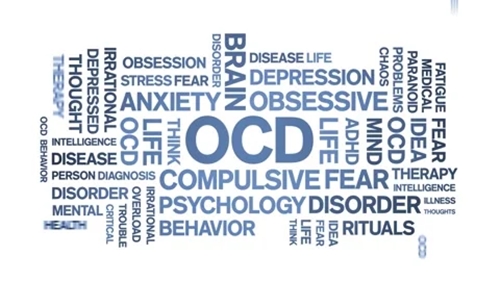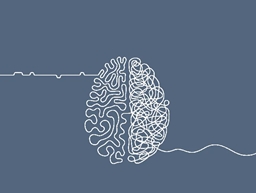|
Mental Health Conditions
Mental Health ConditionsThere are numerous mental health conditions, each with its unique characteristics and symptoms. Mental health conditions can affect thoughts, emotions, behaviors, and the overall well-being of individuals. Here are some of the different mental health conditions: 1.) Depression (Major Depressive Disorder): Depression is a mood disorder characterized by persistent feelings of sadness, hopelessness, and a loss of interest or pleasure in activities. It often includes physical symptoms like changes in sleep patterns and appetite. Major Depressive Disorder (MDD) is a clinical diagnosis of severe depression that lasts for at least two weeks and significantly impairs daily functioning. 2.) Anxiety: Anxiety is a normal response to stress or a perceived threat. However, anxiety disorders involve excessive, irrational worry or fear that can interfere with daily life. These disorders include generalized anxiety disorder, panic disorder, social anxiety disorder, and specific phobias. 3.) Psychosis: Psychosis is a severe mental condition characterized by a disconnection from reality. It can involve hallucinations (seeing or hearing things that aren't there) and delusions (strongly held false beliefs). Conditions like schizophrenia often involve psychosis. 4.) Neurosis: The term "neurosis" has been largely replaced by more specific diagnoses in modern psychology. Historically, it referred to a category of mental disorders characterized by distress and impaired functioning but without severe disconnection from reality (as seen in psychosis). Modern psychology uses more precise diagnoses for conditions like anxiety and mood disorders. 5.) Obsessive-Compulsive Disorder (OCD): OCD is an anxiety disorder characterized by the presence of obsessions (repeated, intrusive, and distressing thoughts) and compulsions (repetitive behaviors or mental acts performed to reduce anxiety). These compulsions often become time-consuming and interfere with daily life. 6.) Bipolar Disorder: Involves extreme mood swings between periods of depression and mania (elevated mood, increased energy, and impulsive behavior). 7.) Schizophrenia: A severe mental disorder characterized by hallucinations, delusions, disorganized thinking, and impaired social functioning. 8.) Trauma: Trauma refers to a distressing or harmful event or series of events that can have long-lasting emotional and psychological effects. Trauma can result from experiences like accidents, abuse, combat, or natural disasters. 9.) Post-Traumatic Stress Disorder (PTSD): PTSD is a mental health condition that can develop after exposure to a traumatic event. It is characterized by symptoms such as flashbacks, nightmares, avoidance of reminders, and heightened arousal. These symptoms persist for an extended period and can significantly impact daily functioning. 10.) Eating Disorders: Including anorexia nervosa, bulimia nervosa, and binge-eating disorder. These conditions involve unhealthy attitudes and behaviors related to food and body image. 11.) Borderline Personality Disorder (BPD): Characterized by unstable relationships, self-image, and emotions, along with impulsive and self-destructive behaviors. 12.) Attention-Deficit / Hyperactivity Disorder (ADHD): Commonly diagnosed in childhood but can persist into adulthood, ADHD involves difficulties with attention, hyperactivity, and impulsivity. 13.) Autism Spectrum Disorder (ASD): A developmental disorder that affects social interaction, communication, and behavior. 14.) Generalized Anxiety Disorder (GAD): Involves chronic and excessive worry and anxiety about various aspects of life, often without a specific cause. 15.) Dissociative Disorders: Such as dissociative identity disorder (formerly known as multiple personality disorder) involve disruptions in consciousness, memory, and identity. 16.) Personality Disorders: Including narcissistic, borderline, antisocial, and avoidant personality disorders, which involve enduring patterns of behavior, cognition, and inner experience. 17.) Substance Use Disorders: Involving the misuse or addiction to drugs or alcohol, which can have a profound impact on mental health. 18.) Phobia(s): Phobias are specific and intense fears of particular objects, situations, or activities. Phobias can interfere with daily life and cause significant distress. Examples include arachnophobia (fear of spiders), acrophobia (fear of heights), and social phobia (fear of social situations). These are just a few examples of mental health conditions. It's important to note that mental health is a complex and diverse field, and many conditions exist on a spectrum, with varying levels of severity. Treatment and support options are available for individuals with mental health concerns, and early intervention can make a significant difference in managing and improving mental health. |





